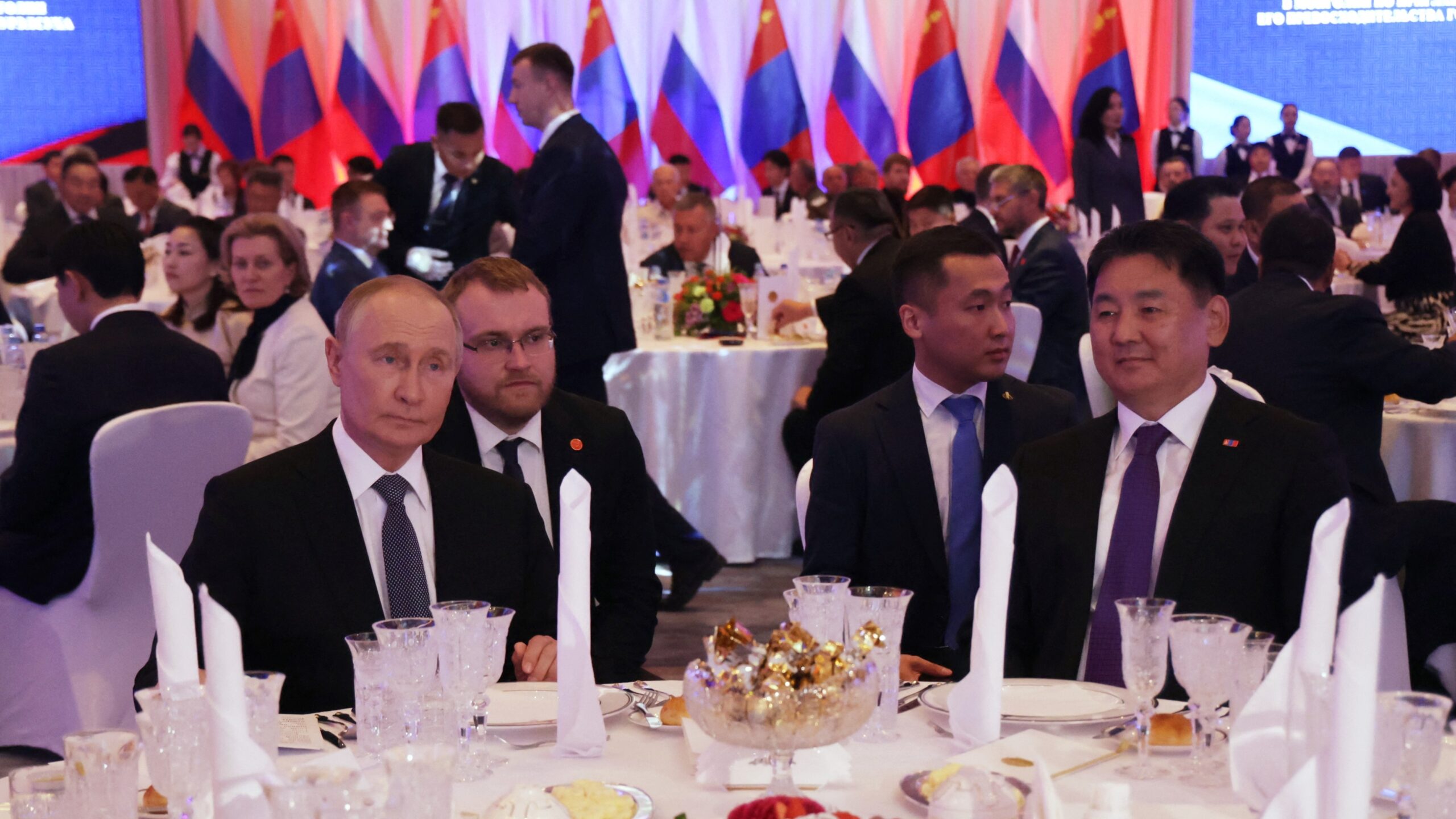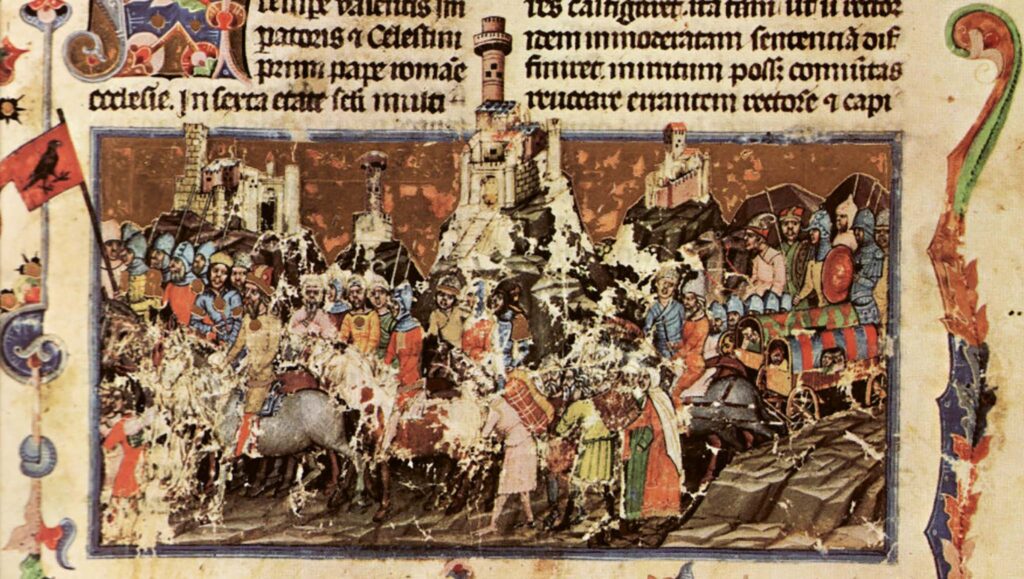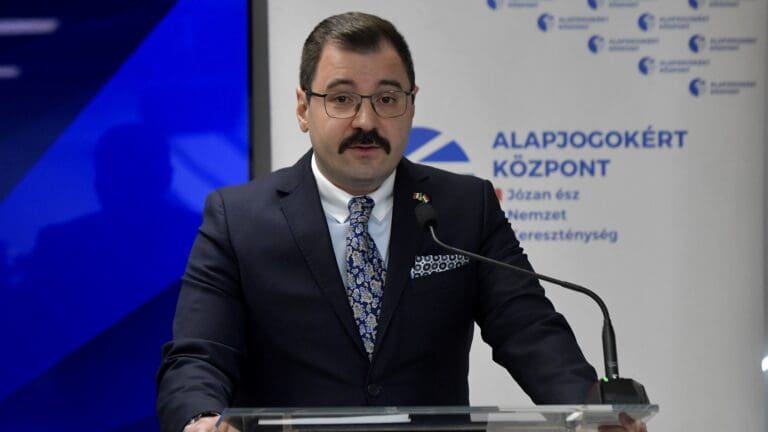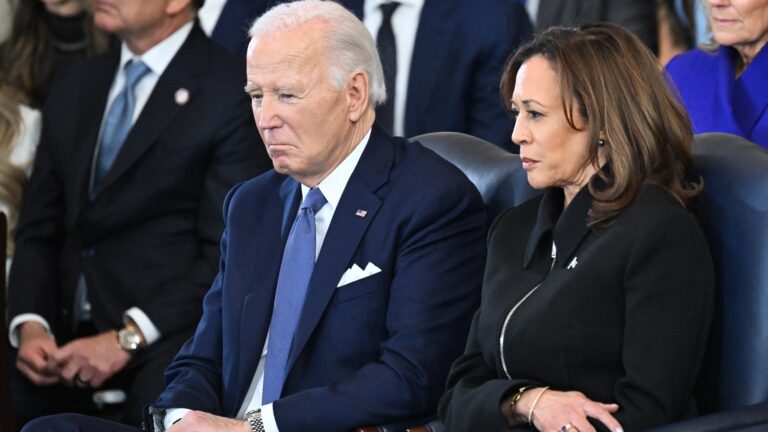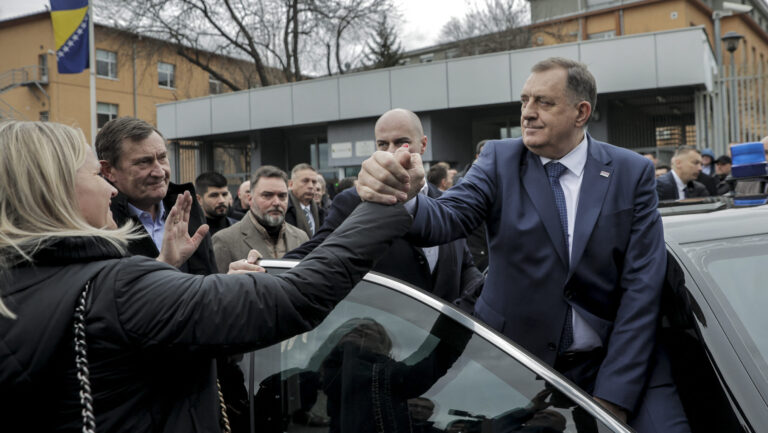On 3 September Vladimir Putin arrived for an official visit in Mongolia. Albeit Mongolia is a member of the International Criminal Court (ICC) which issued an international arrest warrant for the Russian President last March, Putin received a red-carpet welcome in the Asian country. The Russian delegation arrived at the main square of Ulaanbaatar, the capital city of Mongolia, to be welcomed by guards dressed in uniforms styled after those of the personal guards of 13th century ruler Genghis Khan. Although a small number of protestors did demand Putin’s arrest near the main square where the ceremony took place, they were either arrested or removed by the Mongolian police.
As our readers may remember, the ICC arrest warrant for Putin was issued due to the alleged crime of deporting Ukrainian children from the occupied territories of Ukraine to Russia. Alongside the one against Putin, another arrest warrant was also issued by the ICC in the same case: against Russian Commissioner for Children’s Rights Maria Lvova-Belova.
Before the visit to Mongolia Kremlin spokesman Dmitry Peskov said the President has ‘no worries’ about the trip. Moscow is not a signatory to the ICC and therefore does not recognize the warrant as legitimate. However, Mongolia has been an ICC member since 2002, and officially, all signatories to the ICC are required to act upon the court’s warrant. Ulaanbaatar obviously failed to honour that obligation. As a result, Mongolia will possibly face legal consequences.
The government of the country, a former Soviet satellite state, has remained silent on the war in Ukraine, too, declining to vote on the conflict in the UN.
The main topic of the Mongolian and Russian presidents’ discussion concerned energy. More specifically, the Kremlin’s visit to Ulaanbaatar was crucial in terms of agreeing on the details of a project known as Power of Siberia 2, a pipeline capable of carrying 50 billion cubic metres of natural gas from Yamal, Russia to China via Mongolia. Power of Siberia 2 is part of Moscow’s plan to compensate for the decline in energy sales in Europe. The two leaders also signed an agreement to upgrade a power plant in the Mongolian capital city, as well as to supply Russian aviation fuel to Mongolia. During his visit Putin invited Mongolian President Ukhnaagiin Khürelsükh to the BRICS summit that is going to take place in Russia in October this year. Else than delivering the BRICS invitation, Putin’s visit also marked the 85th anniversary of the victory over Japan by Soviet and Mongolian troops in 1939.
Answering the uproar in the Western world against its decision not to arrest the Russian President, Mongolia cited its energy dependence in its defence. Notwithstanding its size, with as few as 3.3 million people, Mongolia is positioned awkwardly between Russia and China, and therefore, has its hands tied. 95 per cent of Mongolia’s petroleum products and 20 per cent of its electricity comes from its large neighbours, which explains the country’s leadership’s unwillingness to comply with the ICC warrant, not responding to the EU, the UK and Ukraine’s calls to the contrary.
Spokesperson for the Ukrainian foreign ministry Heorhii Tykhii commented on Mongolia’s decision on X. Tykhii said Mongolia’s inaction is a ‘heavy blow to ICC and the international criminal justice system’.
Heorhii Tykhyi on X (formerly Twitter): “The Mongolian government’s failure to carry out the binding ICC arrest warrant for Putin is a heavy blow to the International Criminal Court and the international criminal justice system. / X”
The Mongolian government’s failure to carry out the binding ICC arrest warrant for Putin is a heavy blow to the International Criminal Court and the international criminal justice system.
Albeit few expected Mongolia to actually make the arrest, the case is nevertheless indeed a blow to the ICC’s credibility and generally to the Western institutional system. Mongolia was the first ICC country Putin visited since its arrest warrant was issued. The unsurprising outcome of Putin walking away free following his visit exposes the fallacy of Western international institutions of having based their policies in the past couple of years on morality. The reality is that countries pursue their self-interest first and foremost, rather than doing ‘the morally right thing’. Welcoming a so-called ‘alleged war criminal’ with a pompous celebration is a clear sign that the rules-based world order the Western world cherishes exists in theory, not in practice. Mongolia’s decision not to arrest Putin is particularly bothersome for the ICC as it has recently elected its first Mongolian judge to its ranks.
Since Putin’s fifth inauguration earlier this year the Kremlin has made it a goal to showcase Russia’s rich international connections, demonstrating that the country is not isolated as the West would like it to be. Soon after his inauguration Putin’s first international visit led to China, then—among many other countries—he visited North Korea, Vietnam as well as Kazakhstan and Azerbaijan, while Indian Prime Minister Narendra Modi visited him in Moscow. Since May Putin has also held meetings or had telephone discussions with the Iranian, Malaysian, Indonesian and Brazilian leaders. In the Kremlin’s narrative these international talks as well as the upcoming BRICS summit with Türkiye set to become a member all serve the purpose of demonstrating that despite the West’s attempt to demonize Russia, the countries which represent the majority of the world’s population are unwilling to be on bad terms with Moscow.
Related articles:

